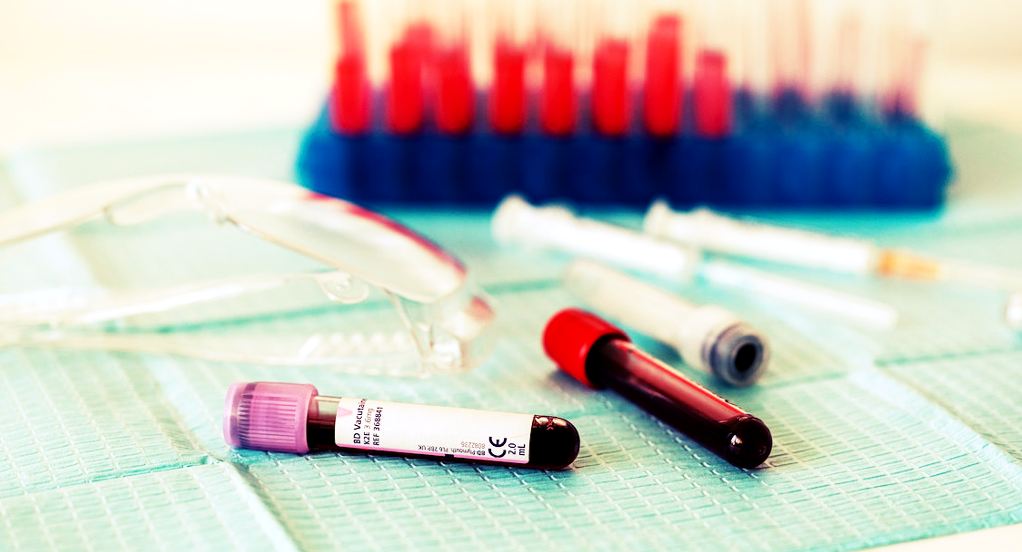In a recent medical breakthrough, doctors in Rajkot, India, have discovered a man with an extremely rare blood group called EMM negative. This marks the 11th case of this blood group being identified worldwide. The discovery is not only important for the man’s health but also for the advancement of medical science.
The EMM negative blood group is a subgroup of the MNS blood group system, which is responsible for the production of red blood cells. The MNS system is made up of three antigens – M, N, and S. EMM negative individuals lack the M, N, and S antigens, making their blood incredibly rare and difficult to match with others in a blood transfusion.
In most cases, blood transfusions are carried out by matching the ABO and Rh factors, which are the most common blood group systems. However, in cases where the ABO and Rh factors don’t match or aren’t known, the MNS system comes into play. The discovery of the EMM negative blood group is significant because it could help save the lives of people with rare blood types who need a transfusion.
The man in Rajkot who has the EMM negative blood group was initially diagnosed with a blood disorder and was receiving treatment at a local hospital. During routine blood tests, doctors noticed that his blood did not react to the MNS antigen. Further tests confirmed that he had the rare EMM negative blood group.
The discovery has sparked interest in the medical community, with researchers hoping to study the man’s blood to understand more about the MNS system and its implications for blood transfusions. This could help in developing better matching systems for blood transfusions, especially for patients with rare blood types.
EMM Negative Blood Group is the first distinct blood type in India.
- Only 9 persons in the entire globe have the rarest blood type as of today, but a 65-year-old man from Rajkot, Gujarat, has been found to have it.
- The 65-year-old guy was receiving medical attention in Ahmedabad for a heart attack.
- He required blood for a heart operation, but when the Prathama laboratory in Ahmedabad was unable to identify his blood type, his blood samples were forwarded to the Surat blood donation centre.
- The individual possesses the most uncommon blood type in the world, according to additional tests. Only nine persons in the entire globe, including him, had the most uncommon blood type.
- Since there is no EMM in the blood, the blood type has been classified as EMM negative by the International Society of Blood Transfusion (ISBT).
The EMM negative blood group has only been identified in a handful of cases worldwide, making it a highly sought-after blood type for research purposes. In addition, individuals with the EMM negative blood group can only receive blood from others with the same blood type, making it a significant challenge for doctors during emergencies.
The discovery of the EMM negative blood group in Rajkot highlights the importance of regular blood testing, as it can lead to the discovery of rare blood groups that could help save lives. The discovery also demonstrates the value of collaboration between doctors and researchers, as it could help in the development of new blood transfusion techniques.
In conclusion, the discovery of the EMM negative blood group in a man in Rajkot is a significant breakthrough in the field of medical science. It highlights the importance of regular blood testing and the value of collaboration between doctors and researchers. The discovery could lead to better matching systems for blood transfusions, which could help save the lives of people with rare blood types. Overall, this discovery is a step forward in advancing medical science and improving the quality of healthcare around the world.


